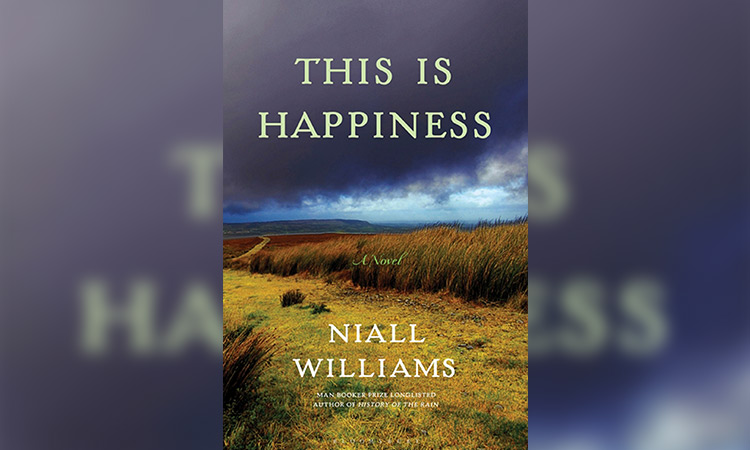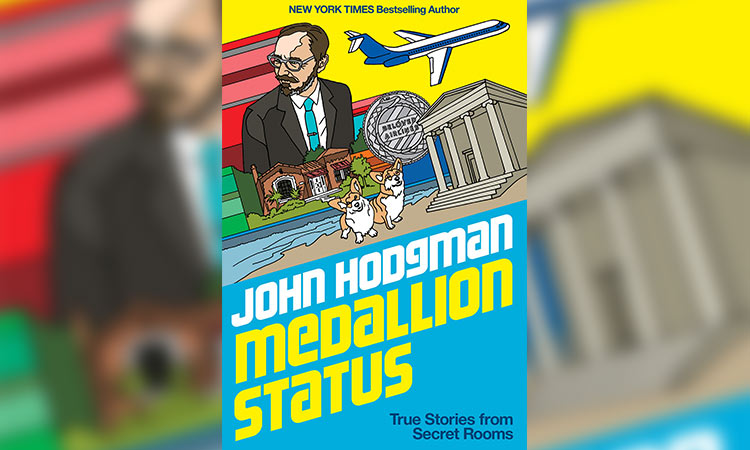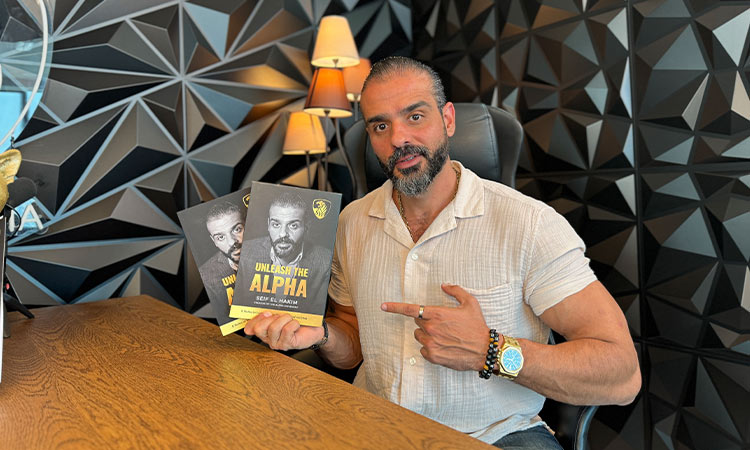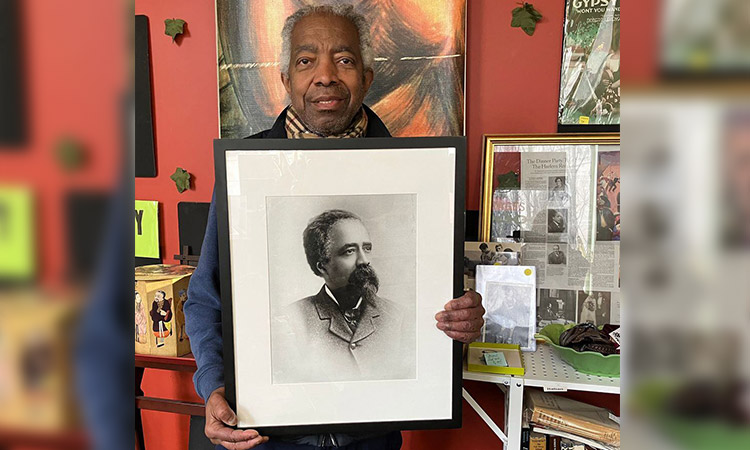Curmudgeons in love: Olive Kitteridge is back
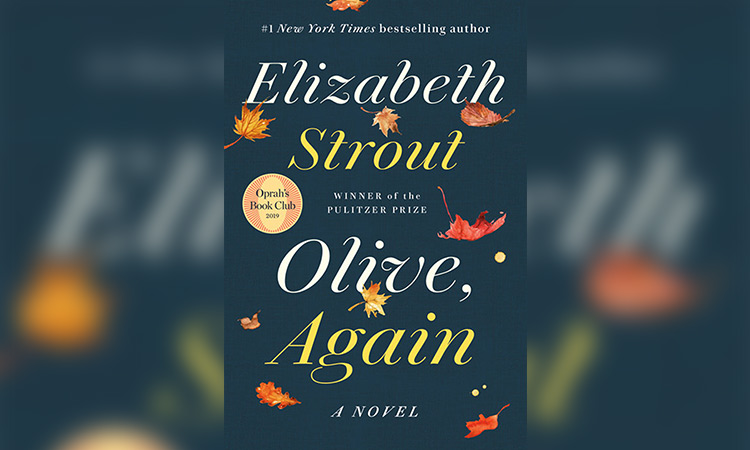
"Olive, Again" by Elizabeth Strout. TNS
A cranky old woman living in a small town in Maine might not sound like the richest subject for a fiction writer. But the indomitable Olive Kitteridge burst into life in Elizabeth Strout’s Pulitzer Prize-winning 2008 book named for her, and in an HBO miniseries based on it that won eight Emmy awards.
And now she’s back, thank Godfrey, as she might say, in “Olive, Again.” The book is a collection of linked short stories, like Olive Kitteridge and Strout’s also terrific 2017 book “Anything Is Possible.” It’s a form that allows the author to bend time and to explore the lives of what might seem to be minor characters, with all of the 13 stories linking in some way to Olive.
“Olive, Again” begins just a few weeks after Olive Kitteridge ended. (Do you need to read the other book first? It will enrich this one, but it’s not necessary; Strout fills in Olive’s story so the second book can stand alone. But why wouldn’t you read the first one?)
The first story in Olive, “Again is Arrested,” which focuses not on Olive but on Jack Kennison, who has retired to her hometown of Crosby. Formerly a professor at Harvard, now he’s “just an old man with a sloppy belly and not anyone worth noticing. Almost, this was freeing,” he thinks. It’s a sentiment Olive will echo much later in the book. Jack is struggling with a lot — the death of his wife after a long, often unhappy marriage; estrangement from his daughter after his homophobic reaction to her coming out; the collapse of his career after a sexual harassment suit.
Oddly enough, one bright spot in his life is Olive, who is also widowed after a long marriage. The pair have struck up a tentative relationship: “Tall, big; God, she was a strange woman,” he thinks. Kissing her when they went on a date was like “kissing a barnacle-covered whale.” But now she’s not answering his emails and her voicemail is turned off, and he’s preoccupied with that when he has an unsettling encounter with a couple of local cops.
But when one of the guests goes into hard labor and gives birth in Olive’s car, it leaves the retired math teacher thinking about her own son, Christopher, a middle-aged podiatrist living in New York, and about the toddler grandson she hasn’t met yet.
By the end of “Labor,” Olive and Jack are together again. She spends a chaste night in his guestroom, and when he appears at the door in the morning she tells him to go away. “Please, she thought. But she did not know what she meant by that. Please, she thought again. Please.”
When Christopher and his family finally come for a chaotic visit in “Motherless Child,” Olive and Jack are getting married. Chris is angry about her new relationship and grieving for a lost child of his own, leading Olive to a stunning revelation (the first of several) about her own faults.
Several of the stories foreground other characters, with Olive in a supporting role. “Cleaning” is the stark tale of eighth-grader Kayley Callaghan, mourning the death of her father with no emotional support from her family. Helped is a twisting story about Suzanne Larkin, who moved away from Crosby after her brother committed a gruesome murder. Her father has died in a fire, and most of the story takes place in the office of his attorney, but it’s electric with revelation. “The End of the Civil War Days” is about a married couple who haven’t spoken in 35 years, while living in a house divided by strips of yellow duct tape.
One of the gifts of Strout’s fiction is how it opens the inner lives of her characters. In all the stories in “Olive, Again,” bitter regret and searing loneliness crash up against unexpected mercies and stubborn hope, with surprising but utterly believable results. Strout also writes with rare humor and fearlessness about aging.
In “Heart,” the penultimate story, Olive dies. When she wakes in the ICU and is told she had a heart attack but was resuscitated, she says, “Well, I don’t know if that was such a good idea.” But she rallies; there are still people to judge and, amazingly, friends to make.
If you’re feeling woozy from corny holiday movies, “Olive, Again” is just the astringent antidote. As Olive knows, no one really gets happily ever after, but she discovers that many of us end up with more happiness than we deserve.
Tribune News Service

